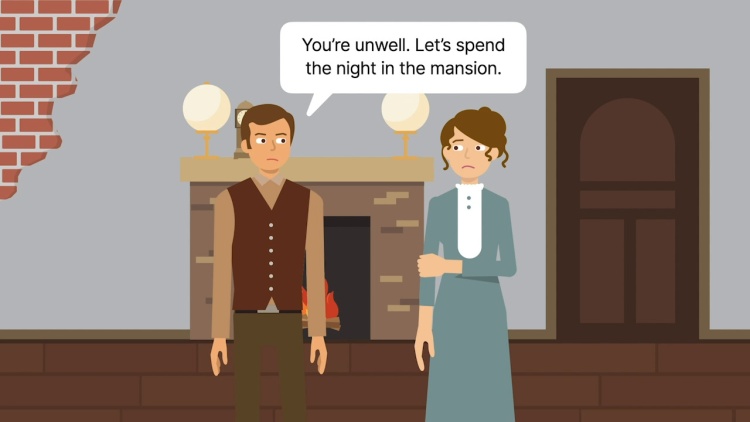White v. Tennant
Supreme Court of Appeals of West Virginia
31 W. Va. 790, 8 S.E. 596 (1888)

- Written by Denise McGimsey, JD
Facts
The Whites owned a large family farm along the West Virginia and Pennsylvania border, with property located in each state. The mansion-house was located in West Virginia. Michael White and his wife Lucinda (defendant) sold their house in West Virginia in order to move into a house on the family property in Pennsylvania. On April 2, 1885, Michael and Lucinda traveled to the new residence with all of their possessions and livestock. Lucinda was ill at the time, and they found the house to be dank and uncomfortable. Thus, they accepted the invitation of Michael’s brothers and sisters (collectively, plaintiffs) to spend the night at the mansion-house back in West Virginia. They left all of their possessions and livestock at the Pennsylvania property. Michael returned to Pennsylvania daily to tend to his livestock but continued to stay with Lucinda at the mansion-house because she turned out to have typhoid fever. Two weeks later, Michael came down with typhoid fever as well. He subsequently died, intestate. Emrod Tennant (defendant), the administrator of Michael’s personal estate, distributed it in accordance with West Virginia law, which gave everything to Lucinda. Michael’s brothers and sisters sued Tennant and Lucinda in a West Virginia circuit court, arguing that Pennsylvania law, which would entitle them to half of Michael’s estate, should apply. They appealed the court’s dismissal of their claim.
Rule of Law
Issue
Holding and Reasoning (Snyder, J.)
What to do next…
Here's why 899,000 law students have relied on our case briefs:
- Written by law professors and practitioners, not other law students. 47,000 briefs, keyed to 994 casebooks. Top-notch customer support.
- The right amount of information, includes the facts, issues, rule of law, holding and reasoning, and any concurrences and dissents.
- Access in your classes, works on your mobile and tablet. Massive library of related video lessons and high quality multiple-choice questions.
- Easy to use, uniform format for every case brief. Written in plain English, not in legalese. Our briefs summarize and simplify; they don’t just repeat the court’s language.





